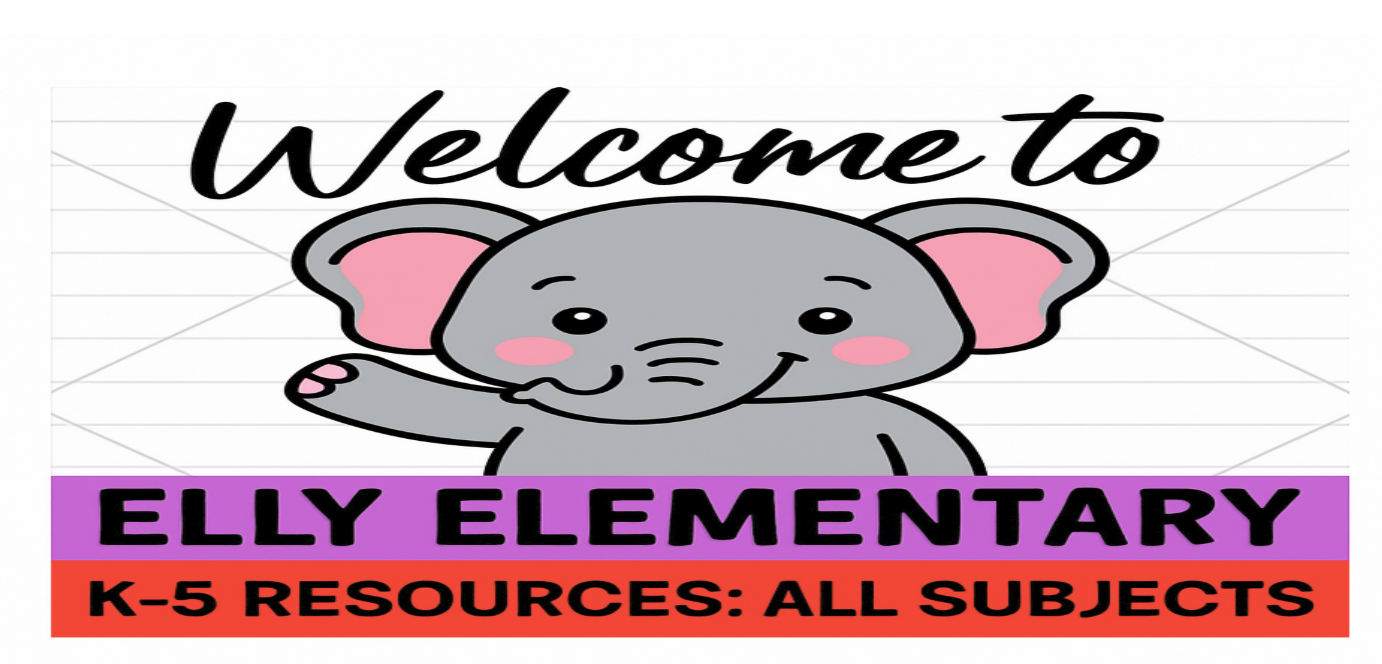Learning about history is important for children because it helps them understand the world they live in. By studying history, children learn about different cultures, significant events, and influential people who have shaped our society. This knowledge helps them appreciate the progress made over time and recognize the mistakes to avoid repeating them. Additionally, learning about history fosters critical thinking, empathy, and a sense of identity and belonging, as children see themselves as part of a larger story. Ultimately, understanding history equips children to become informed and engaged citizens.
FLAG DAY
Flag Day is significant because it commemorates the adoption of the American flag on June 14, 1777. This day honors the flag's symbolism, representing the values and freedoms of the United States. Celebrating Flag Day helps Americans reflect on their national identity and unity. It also provides an opportunity to learn about the history of the flag, its design, and the ideals it embodies, such as liberty, justice, and patriotism. Observing Flag Day reinforces the importance of national pride and respect for the country's heritage.
JUNETEENTH
Juneteenth, celebrated on June 19th, is significant because it marks the end of slavery in the United States. On this day in 1865, Union General Gordon Granger arrived in Galveston, Texas, and announced that all enslaved people were free, more than two years after the Emancipation Proclamation was signed by President Abraham Lincoln. Juneteenth is a time to celebrate freedom and the achievements of African Americans, while also reflecting on the struggles and injustices they faced. It serves as a reminder of the ongoing journey towards equality and the importance of acknowledging and learning from history.
JULY 4TH
July 4th, also known as Independence Day, is significant because it marks the anniversary of the adoption of the Declaration of Independence in 1776. On this day, the thirteen American colonies declared their independence from British rule, leading to the formation of the United States of America. Independence Day is a celebration of the nation's founding principles of freedom, liberty, and democracy. It is a time for Americans to reflect on their country's history, honor the sacrifices made for its independence, and celebrate with various traditions such as fireworks, parades, and patriotic displays.
VETERAN'S DAY
Veterans Day, observed on November 11th, is significant because it honors military veterans who have served in the United States Armed Forces. The date marks the anniversary of the armistice that ended World War I, which took effect on the 11th hour of the 11th day of the 11th month in 1918. Veterans Day is a time to recognize and express gratitude for the sacrifices and contributions of all veterans, both living and deceased. It acknowledges their service in protecting the country and preserving its freedoms, fostering a sense of appreciation and respect for those who have served in the military.
Celebrating holidays about the United States provides several benefits for children:
- Cultural Understanding: These celebrations help children learn about their country's history, traditions, and values. They gain a deeper understanding of significant events and figures that have shaped the nation.
- Sense of Patriotism: Celebrating national holidays fosters a sense of pride and patriotism. Children develop an appreciation for their country and a connection to its heritage.
- Community and Family Bonding: Many national holidays are celebrated with family gatherings, parades, and community events. These activities strengthen family bonds and community ties, providing children with a sense of belonging.
- Historical Awareness: By learning about the reasons behind each holiday, children become more aware of historical events and their impact on society. This knowledge can foster a lifelong interest in history and civic responsibility.
- Respect and Gratitude: Holidays like Veterans Day and Memorial Day teach children to respect and honor those who have served and sacrificed for their country. This instills a sense of gratitude and respect for others.
- Educational Opportunities: National holidays often involve educational activities in schools, such as history lessons, art projects, and performances. These activities enhance children's learning experiences in an engaging and meaningful way.
- Diverse Perspectives: Celebrating holidays encourages children to explore different perspectives and understand the diverse cultural and historical aspects of their country, promoting inclusivity and empathy.
Check out these holiday resource teaching guides:
Please check out other resources in my store, Elly Elementary. Check out my Facebook and Instagram pages.
How do you celebrate these special U.S. holidays? Comment below.



Comments ()